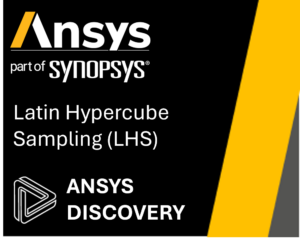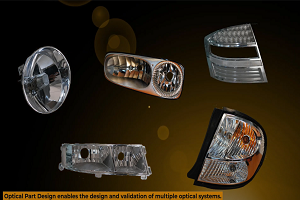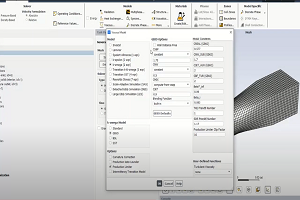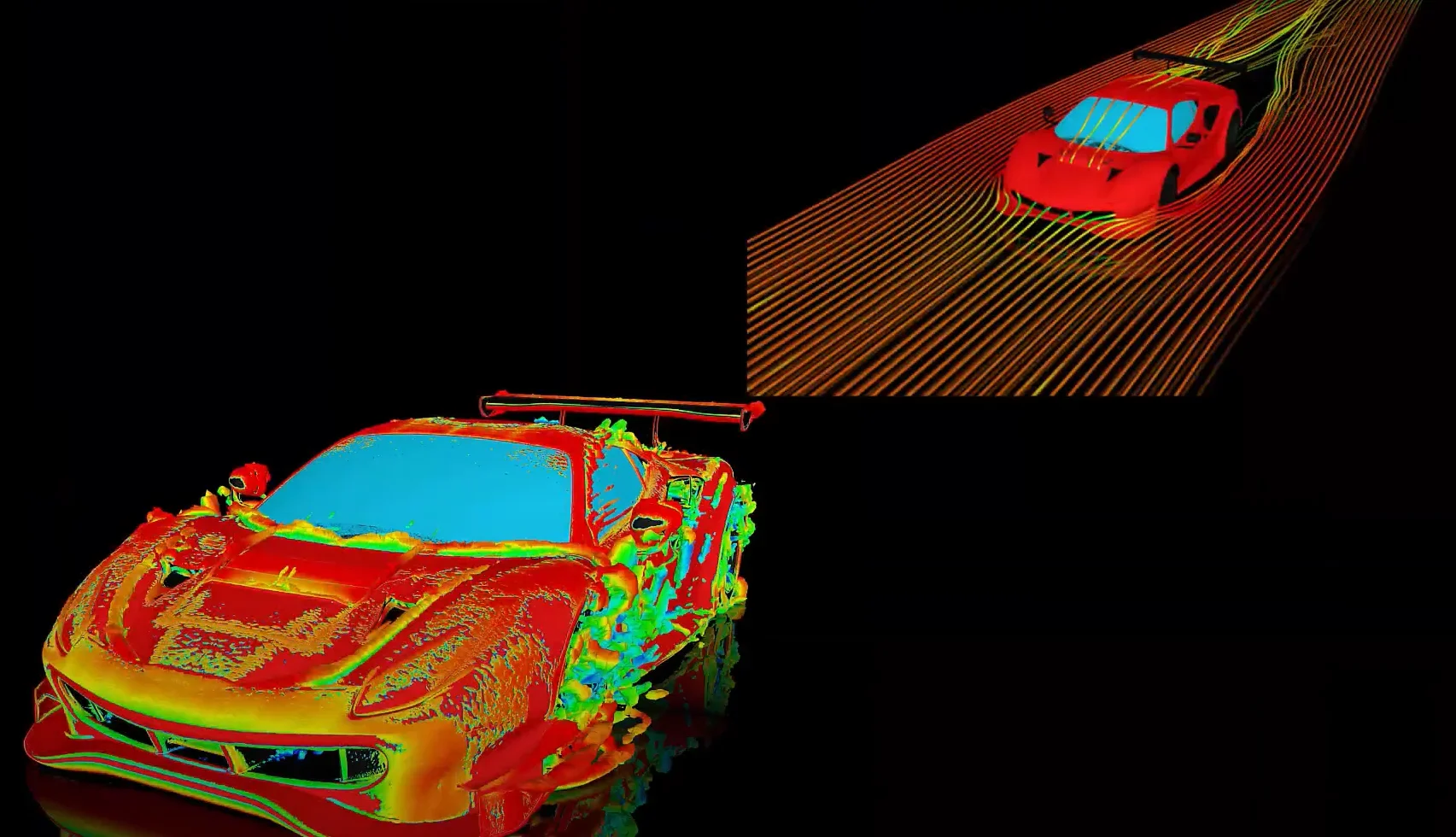-
-
August 12, 2025 at 4:56 am
 SolutionParticipant
SolutionParticipantLatin Hypercube Sampling algorithm
In Ansys Discovery 2025 R2, we have a new sampling algorithm Latin Hypercube Sampling which creates defined variations automatically in the defined variations generator tool in addition to manual way of sampling it based on the parametric range, intervals and number of DVs to be created. Using this generator is advantageous in discovering how subtle changes can optimize your simulation.
Please refer the attached document for more information.

-


Introducing Ansys Electronics Desktop on Ansys Cloud
The Watch & Learn video article provides an overview of cloud computing from Electronics Desktop and details the product licenses and subscriptions to ANSYS Cloud Service that are...

How to Create a Reflector for a Center High-Mounted Stop Lamp (CHMSL)
This video article demonstrates how to create a reflector for a center high-mounted stop lamp. Optical Part design in Ansys SPEOS enables the design and validation of multiple...

Introducing the GEKO Turbulence Model in Ansys Fluent
The GEKO (GEneralized K-Omega) turbulence model offers a flexible, robust, general-purpose approach to RANS turbulence modeling. Introducing 2 videos: Part 1 provides background information on the model and a...

Postprocessing on Ansys EnSight
This video demonstrates exporting data from Fluent in EnSight Case Gold format, and it reviews the basic postprocessing capabilities of EnSight.

- In-Depth – Fluids Simulation using Ansys Discovery
- Discovery: Porous media coefficient calculator
- Ansys Discovery: Topology Optimization
- Discovery – Defining new material
- Discovery Quick Tip- Understanding Contour Settings
- Structural Simulation using Bolt Idealization
- How to apply bolt Pretension in ANSYS Discovery?
- Thermal Analysis of Heat Sinks with Ansys Discovery
- Symmetry Boundary condition for Fluid flow simulation in Ansys Discovery
- Discovery Quick Tip- How to Export to Fluent

© 2026 Copyright ANSYS, Inc. All rights reserved.

